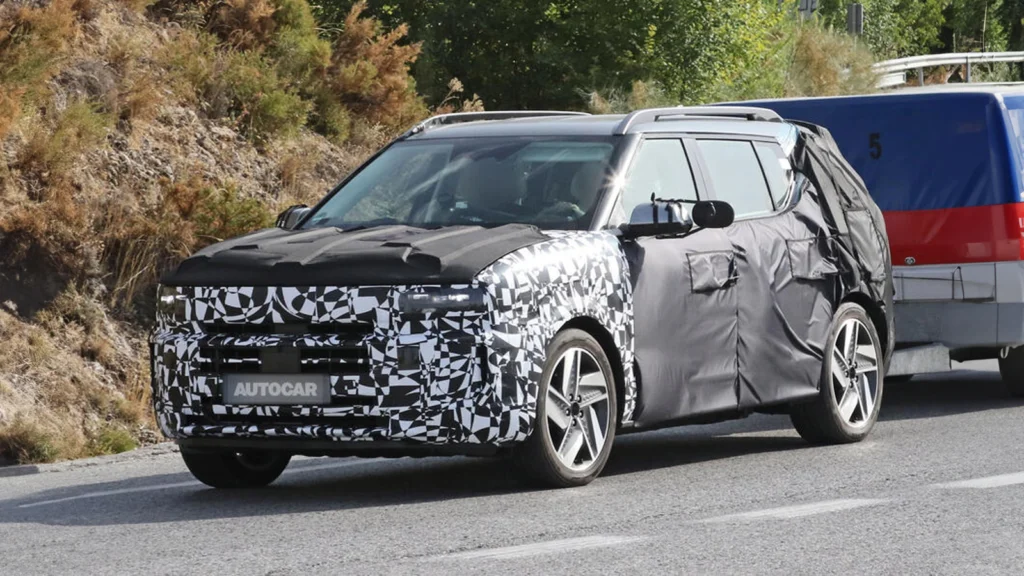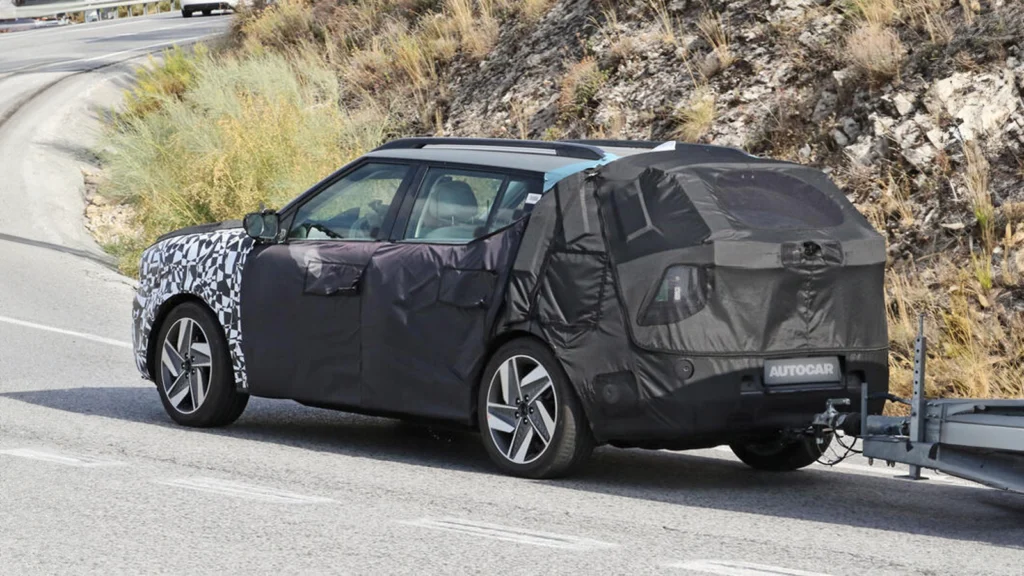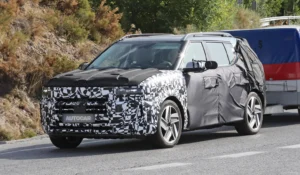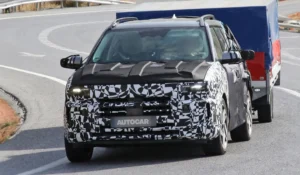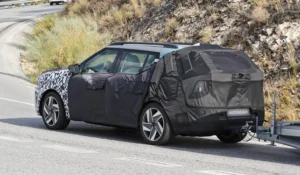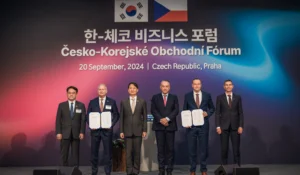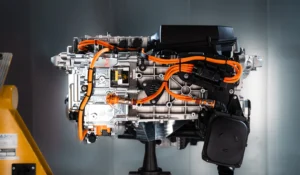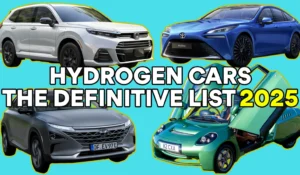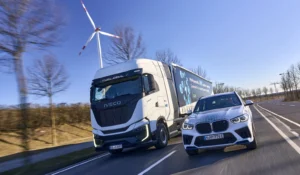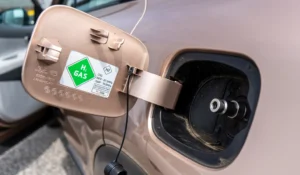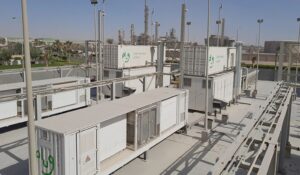Hydrogen cars: Hyundai’s new mk2 NEXO spotted in camouflage, first look
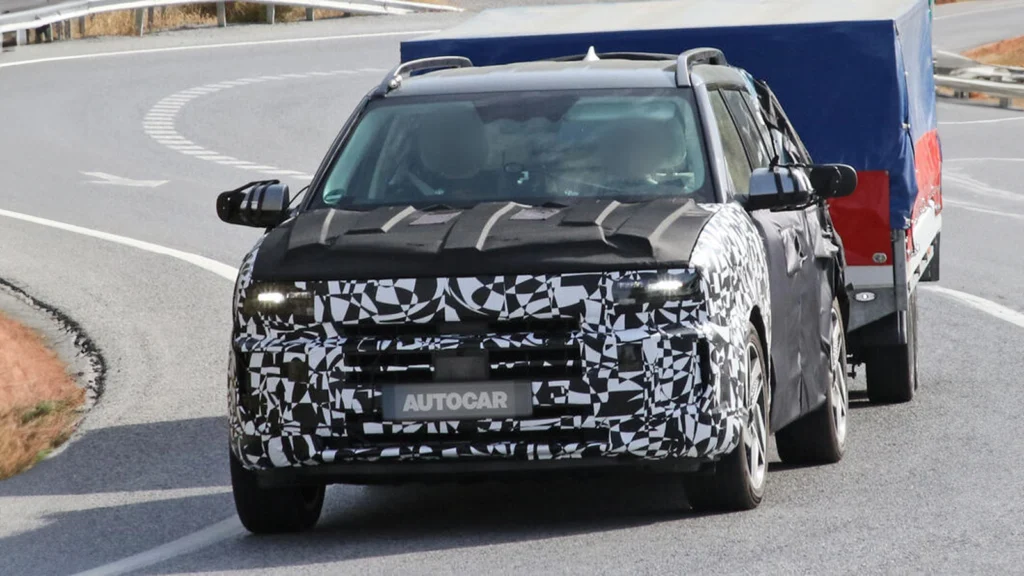
Autocar has captured the first images of Hyundai‘s upcoming second-generation NEXO FCEV, sporting camouflage during road testing.
The new model, expected to launch in 2025, has adopted a boxier, more rugged design akin to the Hyundai Santa Fe but with its own unique hydrogen-powered DNA.
Enhanced fuel cell technology
The next-gen NEXO is set to see major fuel cell improvements. Hyundai is upgrading the fuel cell stack from 95kW to 100kW, with a smaller design that’s more efficient and more durable.
The new system promises a 50-100% longer lifespan (up from 5,000 hours/100k miles in the last gen) and aims to boost the SUV’s tank range to 500 miles, significantly enhancing its appeal in the hydrogen vehicle market.
Battery and motor upgrades are also on the horizon, contributing to this range increase.
Design and performance tweaks
The prototype of the new Nexo shows a lower, sportier stance than its predecessor, though it retains key design elements.
With missing rear light housings on the prototype, Hyundai is keeping final design details under wraps.
The Nexo’s increased range, combined with improved efficiency, makes it a promising contender in the hydrogen space.
Despite these advancements, the hydrogen refuelling infrastructure remains a challenge.
Hyundai’s CEO, Jaehoon Chang, highlighted this issue, comparing it to the early days of electric vehicle adoption.
Currently, only six hydrogen filling stations are operational in the UK, which limits the practicality of FCEVs like the NEXO.
Industry shift to hydrogen
Hyundai’s focus on hydrogen comes as other automakers also invest in the technology. Toyota, BMW, and Renault are all pursuing hydrogen initiatives, including hydrogen-powered trucks, vans, and even Le Mans entries.
Hyundai’s continued investment in hydrogen tech reinforces its commitment to pioneering a hydrogen-based future.
Pricing
As with every new technology with relatively low economies of scale, pricing is a touch on the expensive side in the early days.
The first-gen Nexo’s price tag of £69,495 had been a barrier to mass adoption. Hyundai hopes that improvements in technology and infrastructure will make the new Nexo more accessible to a wider audience, with the firm partnering with others in the industry to focus on the wider hydrogen value chain – including, hopefully, infrastructure.
As the hydrogen ecosystem grows, Hyundai’s second-gen Nexo could be a key player, both in terms of technical innovation and market influence.
While challenges like infrastructure and affordability remain, the Nexo represents a forward-thinking approach to sustainable, zero-emission mobility.
Stay tuned as Hyundai continues to refine this next-generation hydrogen SUV, which is set to hit the roads by 2025.

